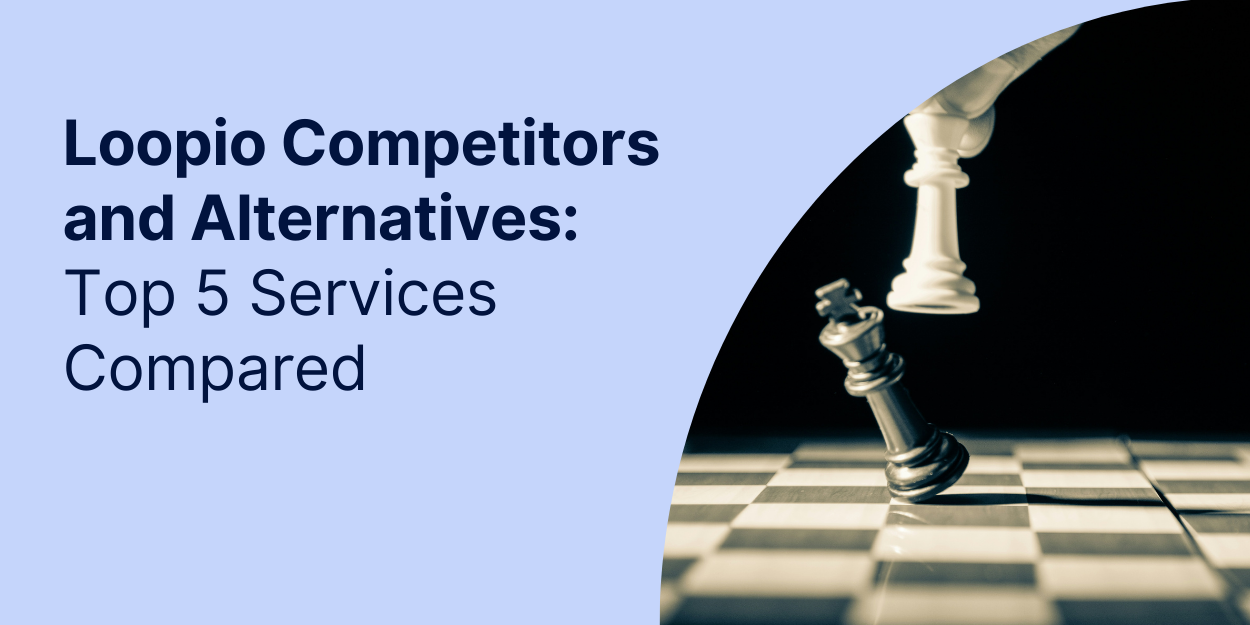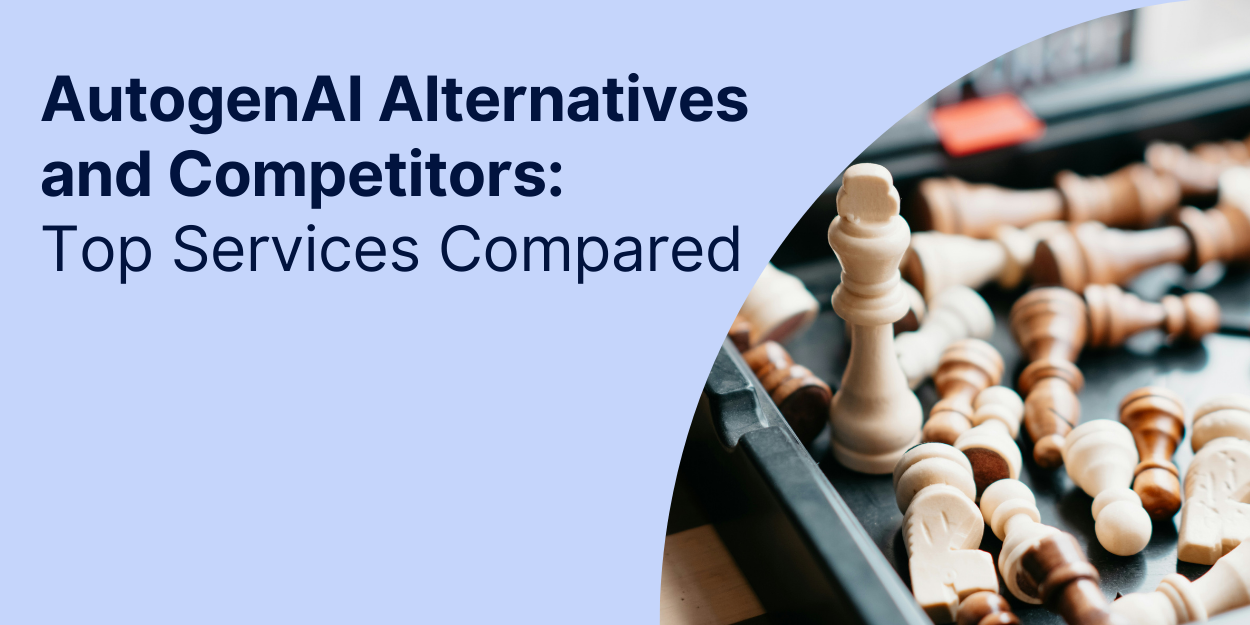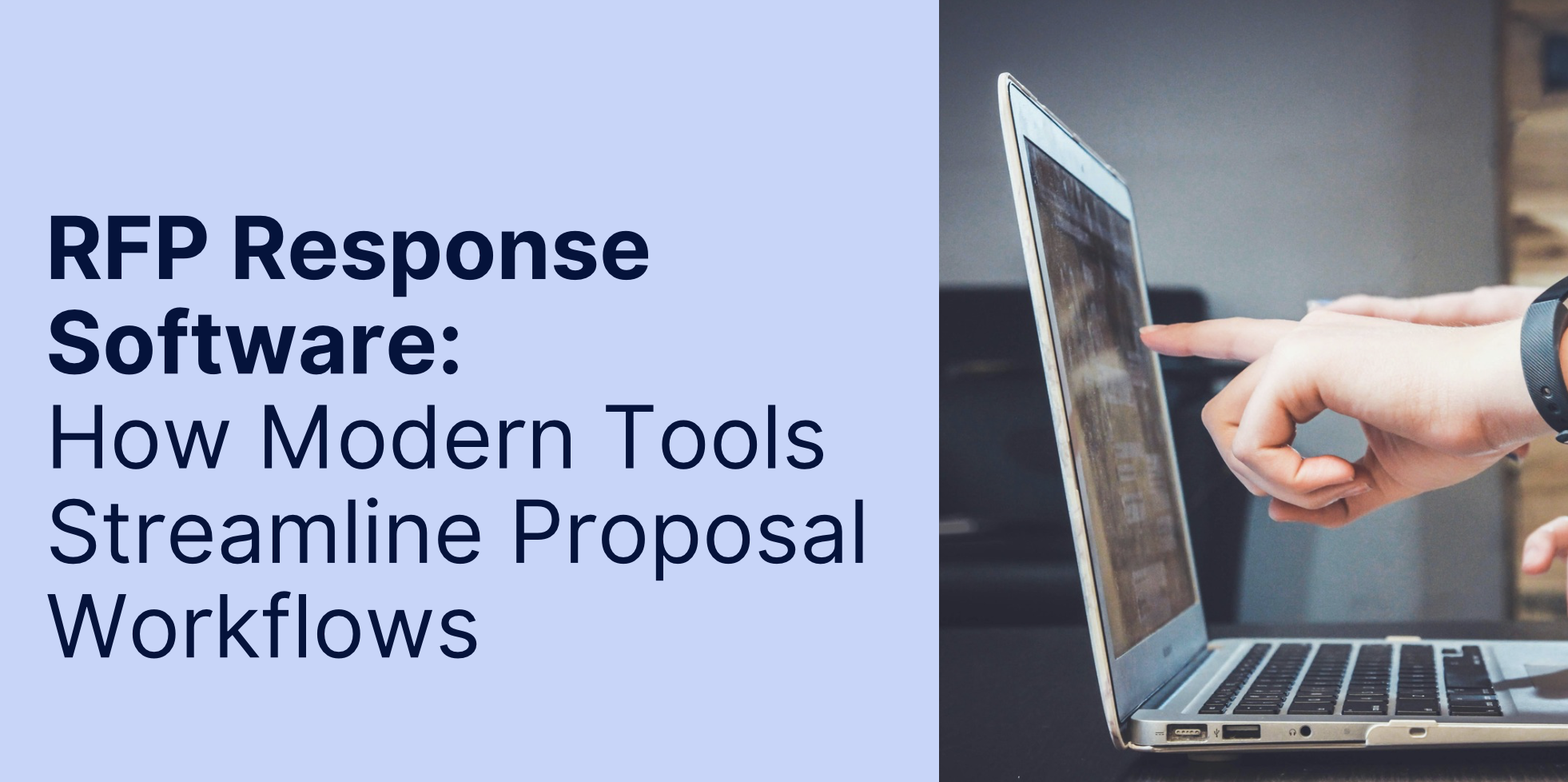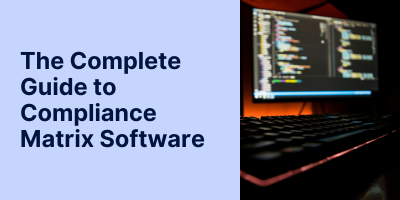Human-AI Collaboration: Unlocking Reliable Content Creation with AI
Recently, researchers from MIT published a review of more than 100 studies focused on human-AI collaboration. While only a handful of these studies examined content creation— just 10%— the researchers found that human-AI collaborations performed better on content creation than decision-making. As a matter of fact, the data showed a positive average effect size, which is a measure of the impacts of using a new approach, that was significantly larger than what was found for decision-making tasks.
As Michelle Vaccaro, the study’s co-author and an MIT doctoral student points out, Generative AI systems in particular are made for human-AI collaboration, “allow[ing] for a more iterative and interactive process.”
Awarded.AI is an example of a Generative AI system, and our CEO Christian Ferreira is making this the focus of the discussion he is hosting on May 19 during BPC Nashville entitled “AI in Proposals: Where Human Insight Makes the Difference.”
What are humans roles and responsibilities when it comes to collaboration with Generative AI and what does this mean in practice? While these roles and responsibilities are about ensuring accuracy and fairness, mitigating bias, and considering ethical implications, they also enhance user-experience, improve collaboration, and set you on course to win more when it comes to business.
AI: The Unreliable Narrator
Recently, our Director of Customer Success at Procurement Sciences Larry Pitts likened AI, when left entirely to its own devices, to an unreliable narrator. Maybe its creation is entirely true, but it is just as likely to produce distorted and, in some cases, just plain wrong output. I like this analogy because it puts a responsibility on us as humans to think, scrutinize, and ultimately put the finishing touches on content created.
Making relevant, up-to-date documents and information accessible to AI helps to make it more reliable in a number of important ways:
- Improve Precision and Accuracy: AI systems rely on data to generate responses. Providing relevant documents and data ensures the AI has the most accurate and precise information available, thus improving the quality of the output in terms of tailored, specific responses that are factually correct and reliable.
- Provide Contextual Understanding: Documents, especially those in the GovCon space, often contain specific jargon, context, and nuance crucial when communicating on a subject. Familiarizing itself with the subtleties of a particular context helps the AI discern the significance of information, differentiate between similar terms based on context, and provide responses that are not only accurate but also contextually relevant. By sharing documents, you are providing the AI with the resources it needs to tailor responses, so they align with the specific language of a particular sector or subject. This ensures communications are appropriate for specific audiences or applications, enhancing both clarity and relevance.
Additionally, providing such context enables AI systems to provide insights and responses more aligned with the user’s intent and their reasoning behind inquiries.
- Maintain Consistency: When an AI system has access to the same documents and information that its human collaborators are using, it helps maintain consistency across different communications and outputs. This keeps team members on the same page. Such consistency minimizes discrepancies and contradictions, fostering a more cohesive understanding of the subject matter across the team.
It also promotes standardized outputs, promoting consistency in language, terminology, and messaging. In terms of decision-making, giving AI a consistent knowledge source also ensures decisions and recommendations are based on the same information regardless of the user, reducing the risk of miscommunication or conflicting actions.
- Maximize Resource Allocation: AI has a finite number of resources to power its outputs. Immediate access to necessary documents enables the AI system to allocate its computational resources more effectively. By reducing processing time and effort, the AI can focus its capabilities on complex problem-solving and analysis, rather than on preliminary data gathering. The AI system is, therefore, positioned to provide rapid, well-informed answers, improving productivity and user satisfaction. This is particularly beneficial in environments where timely decision-making and quick turnaround are critical.
- Allow for Customization: Different organizations and projects have unique requirements and preferences. Our customers, for example, utilize Awarded.AI throughout their organizations, from proposal writing to business development and capture, to human resources and marketing.
By providing documents relevant to a specific task, you allow the AI to customize its responses to better fit your specific needs and organizational standards. Whether its protocols, a style guide, or brand voice, providing AI with examples of what you require or are looking for enables it to align its responses with the organization’s established norms, ensuring all communications and outputs reflect the unique identity and values of the organization.
Particularly in the GovCon space, every solicitation comes with specific response requirements. Being able to share a specific RFP with the AI as it formulates a response, allows it to fine-tune outputs so they adhere to project-specific guidelines. As teams collaborate on responses there are likely to be nuances in writing styles and levels of detail that prevent a proposal from being as coherent as it could be. By having access to documents that communicate style preferences and winning proposals, AI systems can customize their responses to match the preferred communication style, whether it be formal, technical, concise, or detailed, and include win themes that work, thereby enhancing user satisfaction and engagement as well as win rates.
- Facilitate Flexible Solutions: By understanding context and nuance through access to shared documents, AI has the information to propose innovative and adaptive strategies that are unique to what an organization can provide. For example, the capability to select the persona of a Solution Architect, one of many personas you have a choice of adopting with Awarded.AI, enables the AI to offer flexible solutions tailored to the specific pain points and opportunities faced by a potential customer.
- Support Continuous Improvement: As organizations evolve, their requirements and preferences change. Continually updating the documents and data accessible to AI systems ensures the AI remains responsive and adaptable to new trends, strategies, and market conditions.This supports continuous improvement and innovation.
In addition, analysis of winning proposals, uploaded and accessible to the AI, enables your team to quickly understand where they are excelling with submissions and where improvements could be made, allowing them to focus on what counts. And as teams evolve, having a shared knowledge base helps to keep teams up to speed even with staff turnover.
- Reduce Errors: With comprehensive, correct information, the likelihood of AI making errors or providing incorrect or irrelevant information is significantly reduced. This is of particular note when it comes to decision-making, enabling users to avoid errors that could have significant consequences. When AI systems consistently utilize high-quality information, the overall quality and reliability of their outputs is enhanced. Such consistency is essential for building user confidence and reducing the need for human intervention or correction.
Comprehensive information also aids in the early detection and correction of potential errors. By cross-referencing data within a robust dataset, AI can identify anomalies or inconsistencies and take corrective action, thereby preventing errors before they impact end results.
One thing to note, however, is that comprehensive and rich data does not necessarily mean more data. It is important users stay focused on the quality of data accessible to the AI which means ensuring there are processes in place to regularly review, remove, and update documents and information as needed.
Important!
One important caveat to providing AI with curated documents and data about your organization and its work: You will want to ensure that the AI solution you are using meets the highest security and compliance standards. Otherwise, your data is very likely to be used to train future AI models.
Thus, it is important to ensure any solution you deploy adheres to industry standards for data privacy and protection. Awarded.AI offers, for example, SOC 2 Type 2 certification, CUI Compliant Options, as well as FedRAMP Compliant Options to meet the needs of users across every sector.
From Unreliable to More Reliable
Once you have verified your information will be secure, the next important step is to understand how potential AI solutions enable you to curate the information accessible to the AI.
At Procurement Sciences, we have recently launched features that enable users to provide the AI with relevant information down to a granular level if they choose. These features offer the flexibility of being kept private or shared to enhance collaboration and the consistency of outputs.
In addition to information on the organization, its capabilities, and past performances, our customers also can easily provide the AI with information on writing preferences related to tone, styles, formats, and beyond, helping ensure final content is more seamless in terms of readability and branding.
Recent developments, including the reduction or elimination of certain government agencies that previously funded contracts, have intensified the competition in government contracting. As funding pools tighten, contractors find themselves vying for a shrinking number of opportunities. In this environment, the need for efficiency solutions like Awarded.AI by Procurement Sciences has become more critical than ever.


%20(1)%20(1).png?width=1440&height=711&name=PSciAI-Save-time.-Deliver-faster.-Win-More-(Black)%20(1)%20(1).png)









.png)

%20(1200%20x%20600%20px).png)




